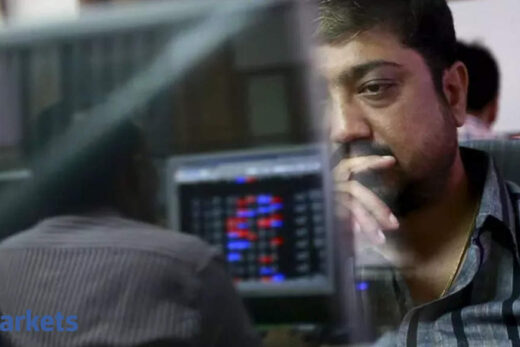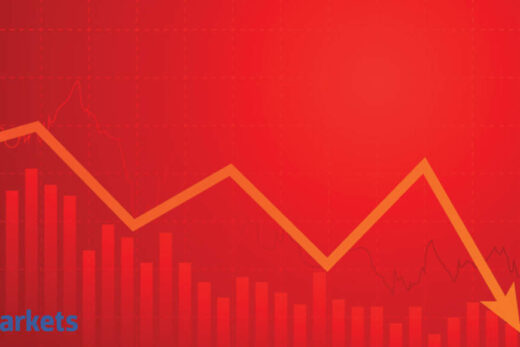Nikkei share average rose 2.04% to 29,128.11, its highest close since June 16 while the broader Topix vaulted as much as 1.61% to 2,015.45, reaching levels not seen since April 1991.
For the week, the Nikkei gained 5.4%, the biggest since early November when Joe Biden won the U.S. presidential election.
“Japanese shares had badly underperformed in recent months despite very strong earnings recovery and the only reason I could think of was a sense of stagnation due to the government’s poor response to the pandemic,” said Takashi Hiroki, chief strategist at Monex Securities.
Suga’s departure is seen as reducing the chance the ruling coalition will lose a stable majority in the upcoming lower house election that must be held by November.
Investors also bet Suga’s successor, whoever that will be, is likely to compile an economic package to support pandemic-hit businesses and families before the election, a boost for stock prices.
“In terms of earnings revisions, Japan is now doing quite well in the world, which could be helping to bring fresh attention to the Japanese markets,” Yuya Fukue, trader at Rheos Capital Works said.
Forward EPS of MSCI Japan has risen 30% so far this year, outpacing other major markets including U.S. , giving Japanese shares an edge after their underperformance earlier this year.
Cyclical shares such as steelmakers and security brokerages as well as semiconductor-related shares led the gains.
TSE’s steelmaker index rose 4.13%, with Nippon Steel up 5.4% and JFE Holdings gaining 6.5%.
The index for electric machineries and security brokerages followed with gains of 2.4% and 2.3%.
Trading was very active, with turnover on the TSE’s main board hitting 3.28 trillion yen , the highest in about two months and about 32% higher than the average over the past year.



